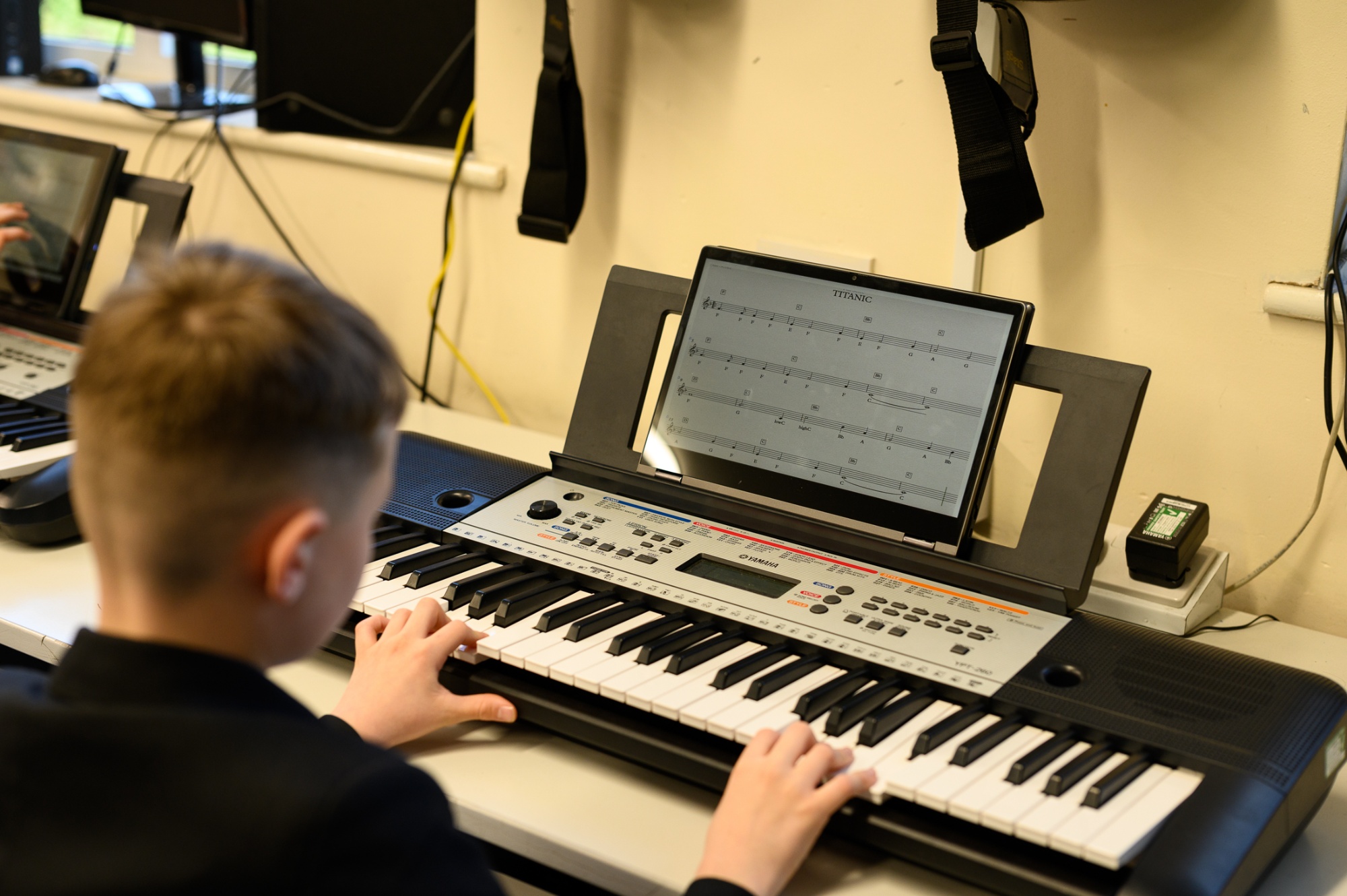UCAS Personal Statement
Your UCAS Personal Statement: Tell Your Story, Unlock Your Future
Your UCAS personal statement is your chance to shine. It's where you tell universities who you are, what you're passionate about, and why they should offer you a place. This page provides guidance for both students and parents to help you navigate this crucial part of the application process.
For Students: Your Voice, Your Future
What is a Personal Statement?
- A written statement of up to 4,000 characters (including spaces) or 47 lines, whichever comes first.
- An opportunity to demonstrate your suitability for your chosen courses.
- A chance to showcase your academic interests, relevant skills, and personal qualities.
- It's not just about grades; it's about passion and potential.
Key Content Areas:
- Why This Subject?
- Express your genuine interest in the subject(s) you've chosen.
- Discuss what sparked your passion and how it has developed.
- Refer to specific books, articles, lectures, or experiences that have influenced you.
- Relevant Skills and Experience:
- Highlight academic achievements beyond your grades.
- Mention relevant work experience, volunteering, or extracurricular activities.
- Focus on transferable skills like teamwork, problem-solving, and communication.
- Explain how these experiences have prepared you for university.
- Beyond the Classroom:
- Showcase your personality and interests.
- Mention hobbies, sports, or creative pursuits that demonstrate your character.
- Highlight any leadership roles or responsibilities you've held.
- Show that you are a well-rounded individual.
- Future Aspirations:
- Briefly discuss your career goals or future plans related to your chosen field.
- Show that you have thought about your future and how university will help you achieve it.
Tips for Success:
- Start Early: Don't leave it until the last minute.
- Be Authentic: Let your personality shine through.
- Be Specific: Use concrete examples to support your points.
- Be Concise: Stick to the character/line limit.
- Proofread Carefully: Check for grammar and spelling errors.
- Get Feedback: Ask teachers, parents, or mentors for their input.
- Structure is Key: A logical flow will make your statement easier to read.
- Avoid Clichés: Be original and avoid generic phrases.
- Relate your experiences to the course: Show that your activities have given you skills relevant to the subject.
Resources:
- UCAS Website: https://www.ucas.com/applying/applying-university/writing-your-personal-statement
- School Careers Counsellors and Teaching staff: They have a wealth of knowledge.
For Parents: Supporting Your Child's Journey
Your Role:
- Provide encouragement and support throughout the process.
- Offer a fresh pair of eyes for proofreading and feedback.
- Help your child stay organised and meet deadlines.
- Listen and offer constructive advice, but let your child's voice be heard.
How You Can Help:
- Encourage Early Planning: Help your child understand the importance of starting early.
- Facilitate Discussions: Talk about their interests, strengths, and career aspirations.
- Provide Resources: Help them find relevant information about universities and courses.
- Offer Constructive Feedback: Focus on content, clarity, and structure, not just grammar.
- Respect Their Independence: Allow your child to write their statement in their own voice.
- Manage Expectations: Help them understand that rejections are possible and that there are always alternative paths.
- Support them emotionally: This process can be stressful. Be positive and supportive.
Common Parent Concerns:
- "My child doesn't know what to write." Encourage them to brainstorm, research, and reflect on their experiences.
- "My child's grades aren't high enough." Focus on the personal statement as an opportunity to demonstrate their potential.
- "I want to write it for them." Resist the urge to write it for them; their voice is essential. Provide guidance, not authorship.
- "How do I help with proofreading?" Focus on clarity, structure, and factual accuracy.
Resources:
- UCAS Website: https://www.ucas.com/discover/advice-parents-guardians-and-carers
- School Careers Counsellors and Teaching staff: They have a wealth of knowledge.

The UCAS Personal Statement is changing
Everything you need to know
InvestIn held a webinar on everything you needed to know about how the UCAS Personal Statement changes.
If you weren’t able to attend live, you can access the event recording and slides below. You can also share our UCAS assessment with your child, to see how ready they are to apply to UCAS. If they are considering Oxbridge, then this personal statement guide from Oxbridge Applications may be helpful!






